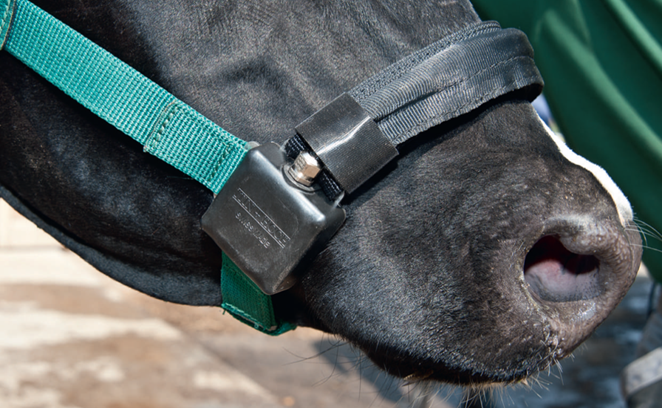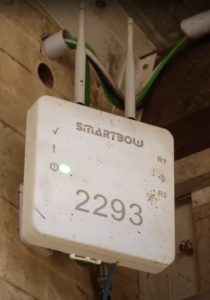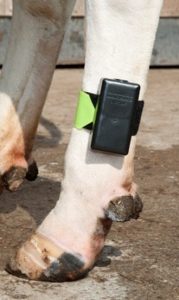
In this edition of our Interview Series, we talk to Bernadette O’Brien, a Researcher Officer from Teagasc in Ireland to learn more about the pilot 4.3 that she is leading in Pilot Cluster 4.
- Can you tell us a bit about your organisation and involvment in DEMETER?
Teagasc is the state agency in Ireland responsible for research and development, training and advisory services in the agri-food sector. The official title of the body is Teagasc – The Agriculture and Food Development Authority. The role of TEAGASC in this project is to provide the experimental infrastructure and research expertise for the development and testing of the pilot system.
- What pilot cluster and pilot project are you involved in/leading?
Cluster Pilot: 4.3; Pilot Name: Proactive milk quality control
- What is the objective of the pilot project?
The objective of this pilot will be to use new and appropriate ICT tools to measure relevant parameters of animal behaviour and physiological status on a continuous, real time basis. This animal behaviour and physiological data will be integrated to develop prediction models of cow welfare and health. A decision support aspect will allow the end-user, e.g. farmer or vet, to identify when intervention to the animal is necessary. This information can then be fed into a welfare and health scoring frame-work which will act as a record of animal well-being standards being met/ exceeded and will ultimately contribute to improving animal well-being standards on dairy cow farms.
- What approach are you taking?
A number of cow behaviour characteristics and physiological states that can reflect or impact on welfare and health of dairy cows will be identified and data captured will focus on real-time, directly measured information on cow feeding time, rumination time, activity and movement. Production characteristics of milk yield and composition will also be monitored. A disease specific portable diagnostic platform will be developed and used to provide bio-chemical data from stress and disease related bio-markers. These markers are known to vary when animal well-being and welfare is compromised. Cow behavior data will be examined in terms of characterizing what is normal for the individual animal within the herd, how that deviates from other herd members, and how this could be an indicator of some potential problem. This system will then be tested on large cow numbers. Prediction models will indicate the accuracy of cow behavior, milk yield and bio-chemical data in indicating animal illness. This will involve decision support which may take the form of an alert to the farmer/ vet of the animal requiring assistance. The data can also be interrogated for its potential to provide a descriptive function of the well-being of the cow.


- What other stakeholders are involved in the pilot?
TEAGASC (Ireland); TYNDALL-UCC (Ireland); TSSG (Ireland); ZOETIS (International); INTRASOFT (Belgium)
- What are the expected outcomes of the pilot project?
The main outcome is expected to be improved dairy cow health and well-being through an early warning system, meaning early intervention during health/welfare challenges. Documentation, enabled by data capture, analysis and record keeping developed in this study will allow transparency in animal health and welfare status and management on-farm. Outcomes from this study using precision technologies to generate informed, real-time solutions will provide real benefits in profitability and an improved system to the farmer. It will help achieve national objectives around continuous quality assurance and better welfare standards for cattle.


